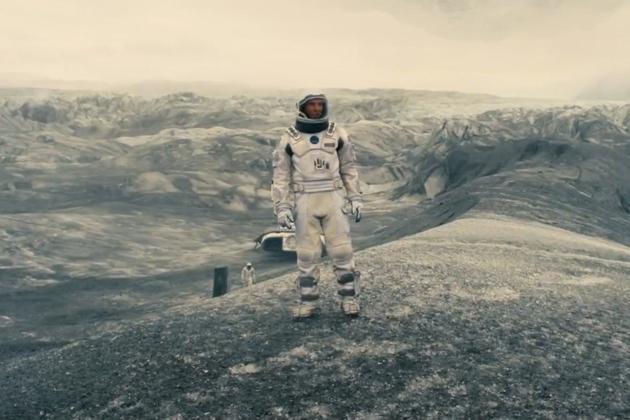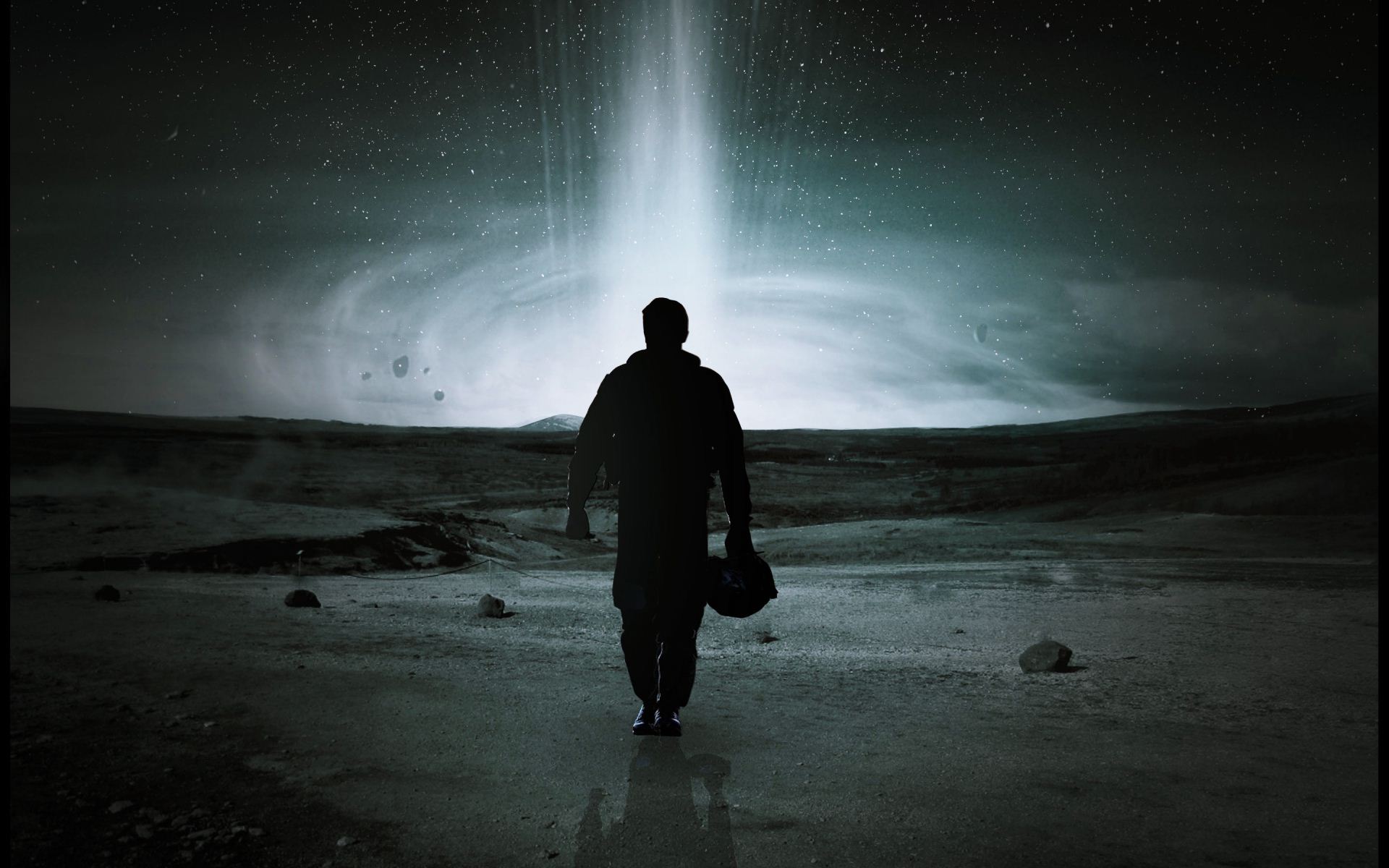The silliest line of the week came in the form of a review of “Interstellar,” a recently released echo of that unsurpassed science fiction epic, “2001, A Space Odyssey.” Here’s the guffaw: “The father, played by Matthew McConaughey, goes off into space to find a replacement planet where humanity might survive.”
 That makes a mockery of the subtle philosophical themes of “2001,” as well as of common sense. But the hilarity continues: “In the movie, 12 apostles go out alone into space to look for habitable planets.”
That makes a mockery of the subtle philosophical themes of “2001,” as well as of common sense. But the hilarity continues: “In the movie, 12 apostles go out alone into space to look for habitable planets.”
Suffice to say, there will be no replacement planets, and an awakening human being winces at the cosmically comic parallel with Jesus’ failed mission.
I had planned to see the movie on the big screen, but there’s so much inanity at so many levels in this review that I’m not sure now. Space suddenly seems very small.
World Wildlife Fund also reported this week that polar bears in northeast Alaska and the Northwest Territories suffered a 40 percent population loss between 2001-2010, from 1,500 to 900 bears.
“We need to change course if we want to stop further habitat loss and ensure resilient wildlife populations, both in the Arctic and around the world,” said the managing director of their arctic programs.
But when you click on “how we can change course,” we’re told to: “1, Tell President Obama the US should lead the fight against climate change, and 2, Adopt a polar bear.” That sounds about as effective as going to see “Interstellar” and hoping to have a transformative mystical experience.
Then again, as the reviewer intoned, “the characters in the movie are frequently experiencing cross-cutting and mystical connections that transcend time and space.”
“What matters in the movie,” we’re soberly told, is the way science and emotion, and a really loud score, mingle to create a powerful mystical atmosphere.”
Oh the existential crisis! What have I been doing spending all this time meditating next to creeks and lakes, gathering all one’s energy to observe the mind into stillness? All one needs to do is go see “Interstellar” on the big screen, and presto, through the mingling of science and emotion (augmented by a really loud score), a powerful mystical atmosphere will be created.
Or if I’m a hard case, I could buy the virtual reality goggles Oculus Rift, and “discover a pleasure so deep that Oculus’s chief technology officer invokes it with a particular solemnity, calling it ‘presence.’”
“To achieve presence with an Oculus headset,” one of its huckster’s wrote in the New York Times, “means to be suffused with the conviction — a cellular conviction, both unimpeachable and too deep for words — that you are in another world.” How can even a 3-D movie compete with that? How cans genuine mystical experiencing?
Then again, it doesn’t have to, because the ‘powerful mystical atmosphere’ the reviewer is talking about is akin to the skin-deep frisson of “visiting the house we grew up in and feeling a deep communion with people who are now dead.”
God help us. Oh yeah, there is no God. But is there, in the words of our infamous cultural commentator, “an infinitely greater and incorporeal intelligence offering merciful salvation?”
Christopher Nolen, we are solemnly informed, “wants us to see the magnetic force of attachments,” since “attachments can exert a gravitational pull on people who are separated by vast distances or even by death.” Truly, we are in the last days.
It’s precisely our attachments that have generated this black hole we call human consciousness. The accretion of experience, personally, and additively collectively, operates like extreme gravity. Masses of asses have compressed the content of  consciousness to such a degree that not even light can escape, and all but the strongest individuals are sucked into the vortex.
consciousness to such a degree that not even light can escape, and all but the strongest individuals are sucked into the vortex.
Only a sentimentalist, blubbering about how “webs of loving and meaningful relationships can do amazing good,” and desperately clinging to hope that things are not as they are in the world, could say that “Interstellar” “will leave many people with a radical openness to strange truth just below and above the realm of the everyday.”
Is this kind of New Age palaver, which even conservative pundits now feel obliged to pay homage, designed to crowd out and marginalize the few flickering lights of the way ahead?
Or does this nonsense mean that even the biggest conduits of darkness are coming around, and that a breakthrough is closer than I think and feel?
I don’t know. But the notion that we don’t have to face anything, or do the hard spadework of self-knowing, because human civilization is an ever-upward march “bending our worldviews around the latest scientific advances” is the plug in the swamp that has to be pulled.
This is the hard thing—negating attachment and experience in attention to the movement of thought/emotion in the present, so the mind and brain fall deeply quiet.
Then what is there, and what are we? Logically and experientially (in the sense of present experiencing rather than past experience), one is nothing. That’s what we humans fear and dread at a core, primal level.
But being nothing also means being no thing. And this radical nothingness is the wormhole to liberation, which has to be opened every day.
At bottom, and at this juncture, the fate of the individual and humanity are the same thing.
Only by taking the infinite inward journey, which no one can direct or decide for another, can “an infinitely greater and incorporeal intelligence offering merciful salvation” flow through us.
There is no divine intervention, except perhaps in that sense.
Martin LeFevre

